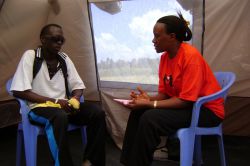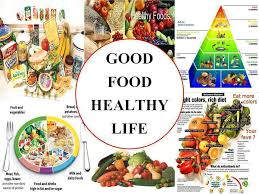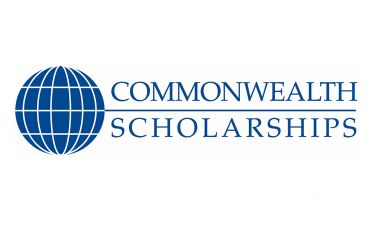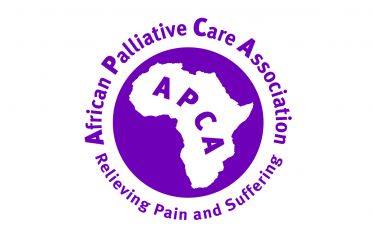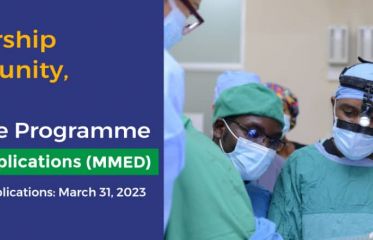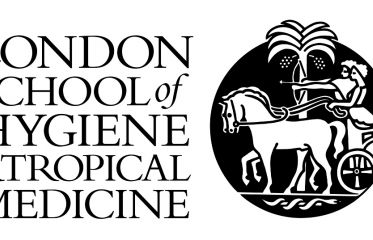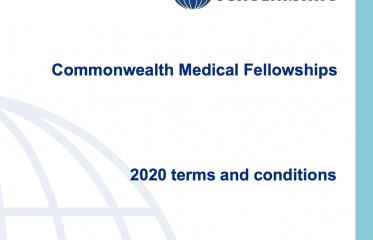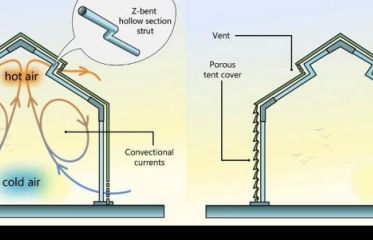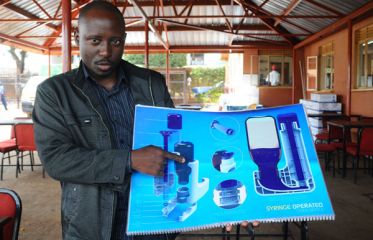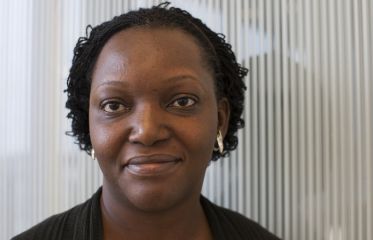Breaking News
- Ministry of Education and Sports Azerbaijan Government Scholarships For 2025-2026 Academic Year ...Read More
- Government Sponsorship Undergraduate Admission Lists 2025-26 for Makerere University ...Read More
- Ministry of Education And Sports: Egyptian Government Scholarships 2025-2026 Academic Year ...Read More
- Ground Breaker Full Scholarship for girls to study Software Engineering 2025 July Intake ...Read More
- Tony Elumelu Foundation Entrepreneurship Programme (TEEP) 2025 for young African Entrepreneurs ...Read More
- DESIGNING FUTURES 2050 International Design Competition 2025 (€15,000 prize) ...Read More
- Ground Breaker Full time Scholarship for girls to study Software Engineering 2025 Intake ...Read More
- Ministry of Education And Sports Algerian Vocational Training Scholarships for 2024-2025 AY ...Read More
- Ministry of Education and Sports Advert for the Algerian Government Scholarships for 2024-2025 ...Read More
- Uganda Dev Summit 2024 Live Stream ...Read More
Dietitian and Nutritionist
Plan and conduct food service or nutritional programs to assist in the promotion of health and control of disease. May supervise activities of a department providing quantity food services, counsel individuals, or conduct nutritional research.
Add to FavouritesDietitians and nutritionists evaluate the health of their clients. Based on their findings, dietitians and nutritionists advise clients on which foods to eat—and those foods to avoid—to improve their health.
Some dietitians and nutritionists provide customized information for specific individuals. For example, a dietitian or nutritionist might teach a client with high blood pressure how to use less salt when preparing meals. Others work with groups of people who have similar needs. For example, a dietitian or nutritionist might plan a diet with limited fat and sugar to help patients lose weight. They may work with other healthcare professionals to coordinate patient care.
Dietitians and nutritionists who are self-employed may meet with patients, or they may work as consultants for a variety of organizations. They may need to spend time on marketing and other business-related tasks, such as scheduling appointments and preparing informational materials for clients.
Daily Tasks
1. Dietitians and nutritionists typically do the following:
2. Assess patients’ and clients’ health needs and diet
3. Counsel patients on nutrition issues and healthy eating habits
4. Develop meal plans, taking both cost and clients’ preferences into account
5. Evaluate the effects of meal plans and change the plans as needed
6. Promote better nutrition by speaking to groups about diet, nutrition, and the relationship between good eating habits and preventing or managing specific diseases
7. Keep up with the latest nutritional science research
8. Write reports to document patient progress
Key Knowledge Areas
Customer and Personal Service — Knowledge of principles and processes for providing customer and personal services. This includes customer needs assessment, meeting quality standards for services, and evaluation of customer satisfaction.
Education and Training — Knowledge of principles and methods for curriculum and training design, teaching and instruction for individuals and groups, and the measurement of training effects.
English Language — Knowledge of the structure and content of the English language including the meaning and spelling of words, rules of composition, and grammar.
Biology — Knowledge of plant and animal organisms, their tissues, cells, functions, interdependencies, and interactions with each other and the environment.
Medicine and Dentistry — Knowledge of the information and techniques needed to diagnose and treat human injuries, diseases, and deformities. This includes symptoms, treatment alternatives, drug properties and interactions, and preventive health-care measures.
Psychology — Knowledge of human behavior and performance; individual differences in ability, personality, and interests; learning and motivation; psychological research methods; and the assessment and treatment of behavioral and affective disorders.
Therapy and Counseling — Knowledge of principles, methods, and procedures for diagnosis, treatment, and rehabilitation of physical and mental dysfunctions, and for career counseling and guidance.
Mathematics — Knowledge of arithmetic, algebra, geometry, calculus, statistics, and their applications.
Administration and Management — Knowledge of business and management principles involved in strategic planning, resource allocation, human resources modeling, leadership technique, production methods, and coordination of people and resources.
Chemistry — Knowledge of the chemical composition, structure, and properties of substances and of the chemical processes and transformations that they undergo. This includes uses of chemicals and their interactions, danger signs, production techniques, and disposal methods.
Clerical — Knowledge of administrative and clerical procedures and systems such as word processing, managing files and records, stenography and transcription, designing forms, and other office procedures and terminology.
Key Skills
Analytical skills. Dietitians and nutritionists must keep up to date with the latest nutrition research. They should be able to interpret scientific studies and translate nutrition science into practical eating advice.
Compassion. Dietitians and nutritionists must be caring and empathetic when helping clients address dietary issues and any related emotions.
Listening skills. Dietitians and nutritionists must listen carefully to understand clients’ goals and concerns. They may also work with other healthcare workers as part of team to improve the health of a patient and need to listen to team members when constructing eating plans.
Organizational skills. Because there are many aspects to the work of dietitians and nutritionists, they should have the ability to stay organized. Management dietitians, for example, must consider both the nutritional needs of their clients and the costs of meals. Self-employed dietitians and nutritionists may need to schedule their appointments and maintain patient files.
Problem-solving skills. They must evaluate the health status of patients and determine the most appropriate food choices for a client to improve overall health or manage a disease.
Speaking skills. Dietitians and nutritionists must explain complicated topics in a way that people with less technical knowledge can understand. They must be able to clearly explain eating plans to clients and to other healthcare professionals involved in a patient’s care.










